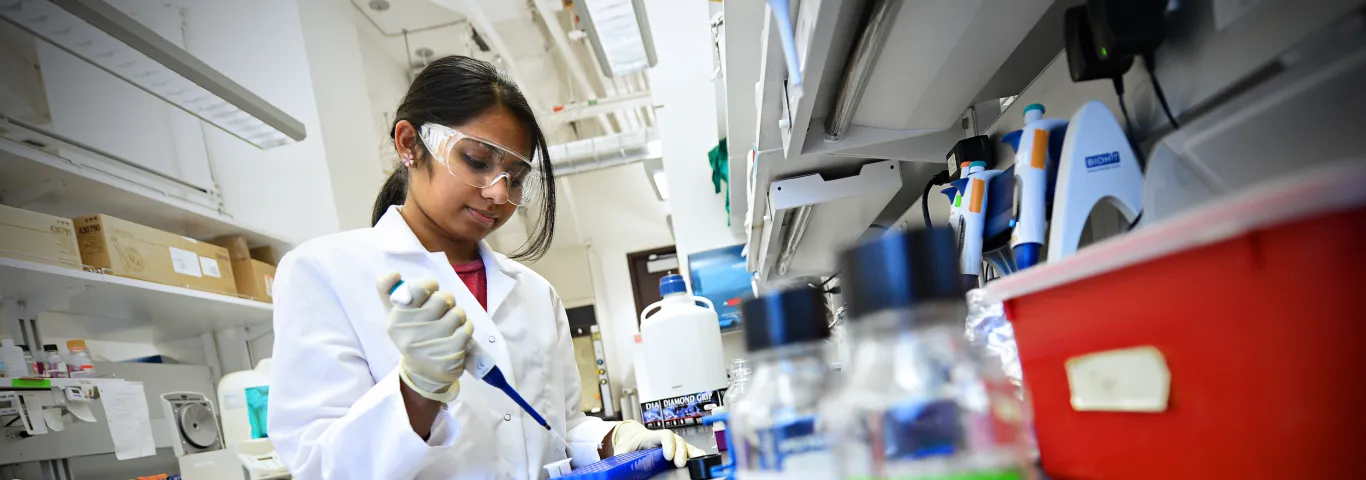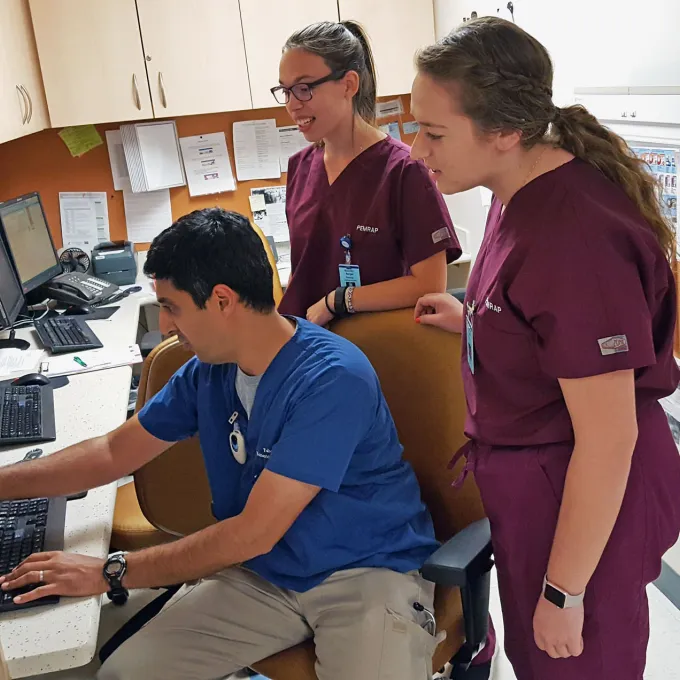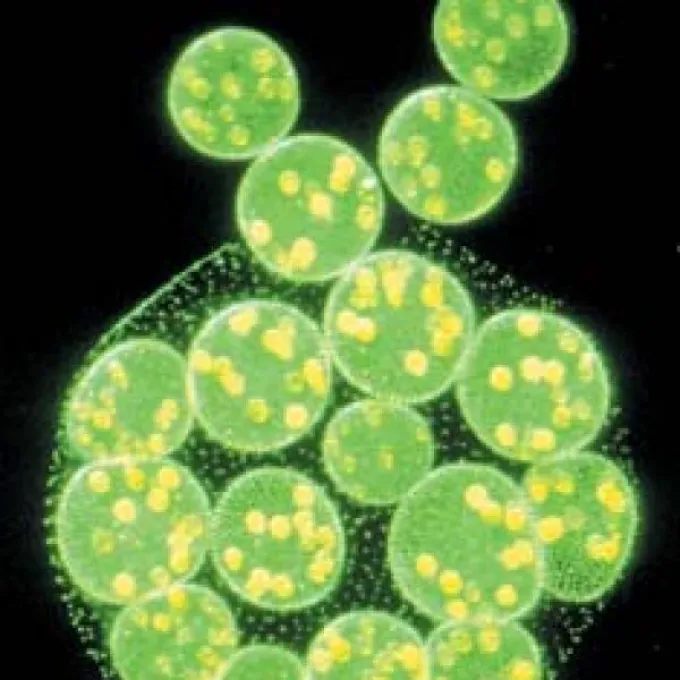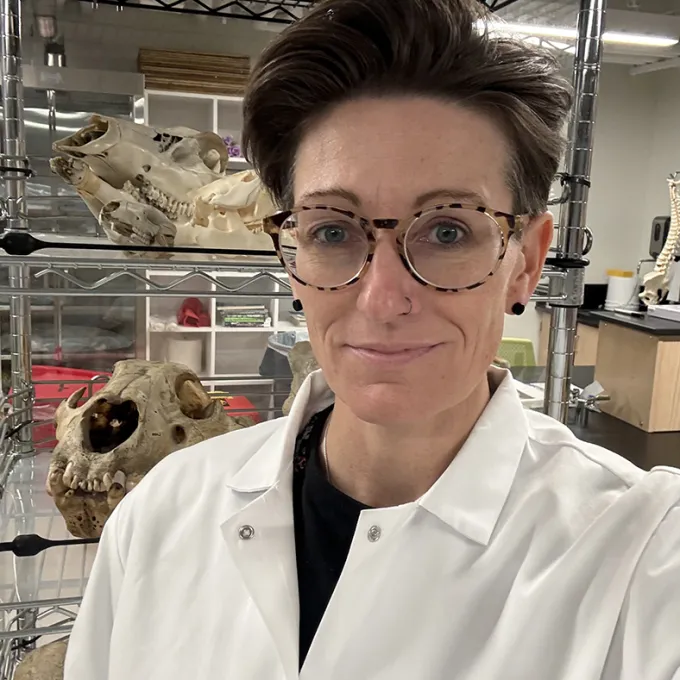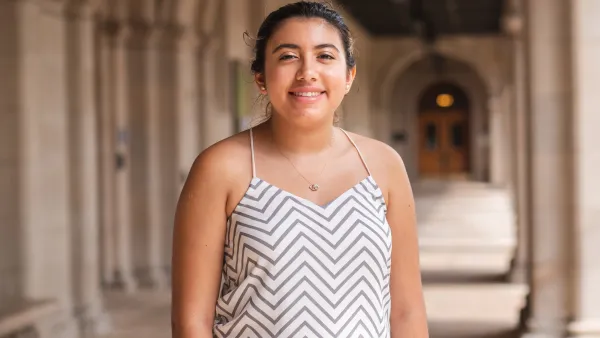Getting Started
An excellent way for new students to learn about the wide range of research occurring at Washington University is to enroll during their first semester in Biology 1812, "First-Year Seminar in Biology," a one-unit course in which different faculty members discuss the current work in their laboratories. The related course Biology 1810 “First-Year Seminar in Imaging Sciences” has a similar format but focuses in depth on biological imaging. The seminar course, "Introduction to Problem-Based Learning in Biology" (Biol 1112), provides training in the use of research literature to solve problems; topics change from year to year.
Students in the life sciences who wish to participate in research during the academic year may register for Biology 2901, "Introduction to Research," if first-years or sophomores, or Biology 4950, "Independent Work," if juniors or seniors. Normally research students register for three units of credit, the equivalent of one course, committing themselves to 9-12 hours of lab work, plus preparation, every week.
Finding a Research Lab
There are several ways that Washington University students can get help in finding a research lab:
- Many gain familiarity with a particular lab as a Federal College Work-Study participant.
- Individual research interests of the 300+ faculty members in the Division of Biology and Biomedical Sciences are available online.
- Faculty advisors willing to help students identify appropriate faculty mentors are available within each research area (contact the Biology Student Affairs Office for further advice).
Participating in research in an area that has sparked one's interest can be the most engaging part of undergraduate study.
OUR Undergraduate Research Symposia
The Office of Undergraduate Research (OUR) hosts Undergraduate Research Symposia twice a year, showcasing the diverse range of research and creative inquiry conducted by WashU undergraduate students and mentored by WashU faculty.
The symposia provide an opportunity for undergraduate students to share their work, engage in peer networking and cross-disciplinary conversations, and develop presentation skills. Any WashU student is welcome to present their project, including works in progress.
For students who are interested in getting started in research, the symposium is a great opportunity to learn about the process from your peers. All WashU community members are encouraged to attend!
Check the OUR website for the latest information on symposia
